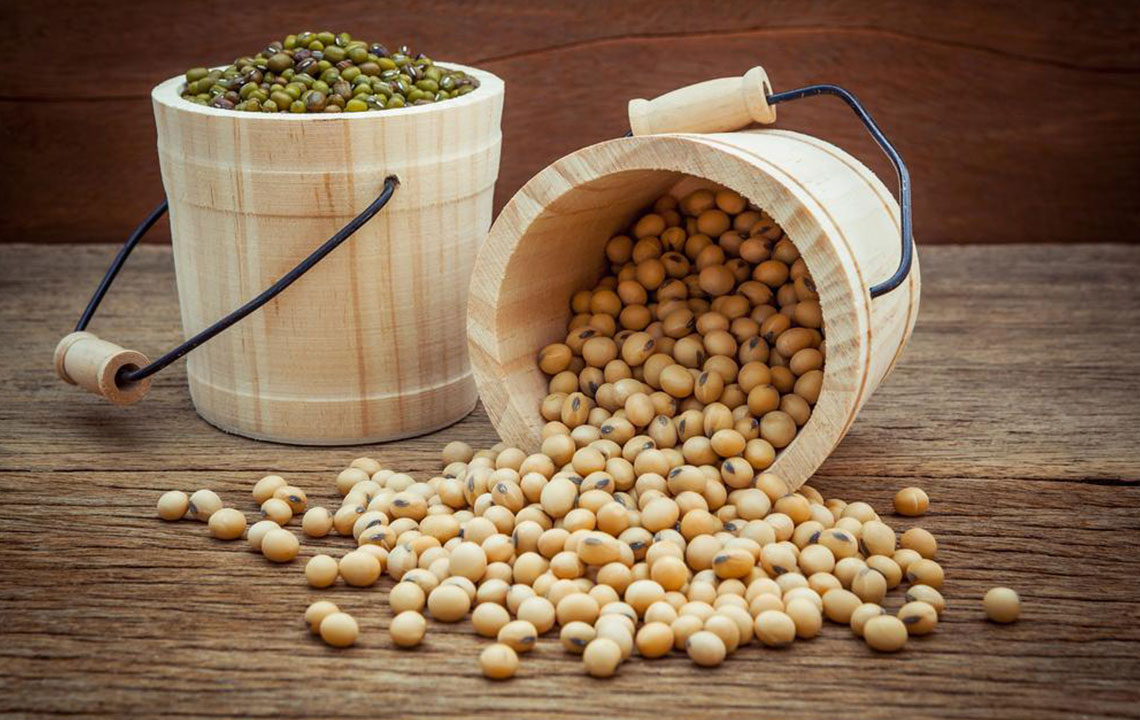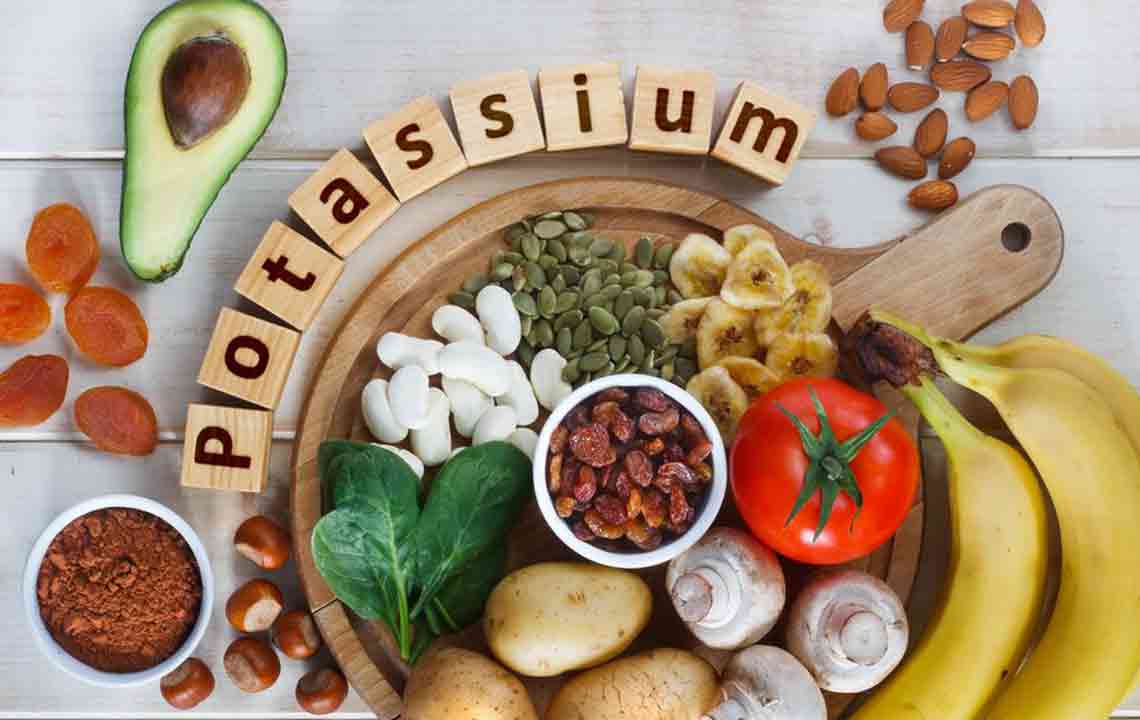Maximizing Health Benefits Through Consumption of Protein-Rich Foods
This comprehensive guide emphasizes the importance of consuming protein-rich foods for maintaining optimal health. It covers the vital roles of proteins, daily requirements, health benefits, and various dietary sources, including plant-based options and supplements. The article highlights how adequate protein intake supports muscle growth, weight management, immune function, and bone health, making it essential for a balanced diet. Perfect for anyone seeking to improve their nutritional habits, this article provides valuable insights into integrating sufficient protein intake for a healthier life.

The Crucial Role of Protein-Driven Nutrition in Maintaining Optimal Health
Proteins constitute one of the fundamental building blocks for human health, composed of extensive chains of amino acids that perform vital functions within the body. These functions include cellular repair, DNA synthesis, enzyme activity, hormone production, metabolizing nutrients, and facilitating cellular communication. Adequate intake of essential amino acids obtained from various dietary sources is crucial for sustaining these processes. The human body cannot synthesize nine essential amino acids, thereby necessitating their inclusion in daily diet through diverse foods such as dairy products, lean meats, legumes, nuts, seeds, and vegetables.
Different amino acids serve specific physiological roles—some act as antioxidants, others aid in neurotransmitter synthesis, while some facilitate nutrient transport and energy storage. Regularly consuming sufficient protein can significantly influence health by aiding in weight management, enhancing immune function, and reducing the risk of chronic diseases like heart disease, metabolic syndrome, and neurological disorders. For instance, amino acids like glycine support detoxification, while glutamine plays a role in immune health and intestinal integrity.
Why Is Protein So Important for Your Body?
Like fats and carbohydrates, proteins are classified as macronutrients, essential for survival and required in larger amounts than micronutrients such as vitamins and minerals. Proteins are vital for promoting growth, facilitating tissue repair, and maintaining the structural integrity of muscles, skin, hair, and vital organs. They serve as enzymes, hormones, and structural components—essential for maintaining overall health. Inadequate protein consumption can lead to a host of health issues including sluggish metabolism, weakened immune defenses, muscle atrophy, blood sugar fluctuations, sleep disturbances, fatigue, and difficulties with concentration and mental clarity.
Daily Protein Recommendations for a Healthy Lifestyle
The amount of protein an individual needs depends on factors like age, body weight, activity level, and overall health. According to the Recommended Dietary Allowance (RDA), an average adult should consume approximately 0.8 grams of protein per kilogram of body weight daily. For example, a person weighing 70 kilograms (154 pounds) should aim for around 56 grams of protein each day. Maintaining this intake supports essential bodily functions and helps prevent deficiency-related health issues. Athletes or individuals with active lifestyles may require higher amounts to support muscle repair and energy demands.
Health Advantages of Consuming Protein-Rich Foods
Promotes Muscle Growth and Recovery: Protein supports muscle hypertrophy and accelerates recovery post-exercise, preventing injuries and improving athletic performance.
Supports Weight Loss and Satiety: High-protein foods increase satiety, reduce hunger hormones, and promote fat loss while preserving lean muscle mass.
Helps Regulate Blood Glucose Levels: Proteins have a minimal impact on blood sugar, aiding in stabilizing glucose levels and managing diabetes effectively.
Enhances Brain Health and Cognitive Function: Continuous amino acid supply from protein intake supports neurotransmitter synthesis, improving focus, memory, and mental alertness.
Strengthens Bones and Reduces Osteoporosis Risk: Proteins, along with minerals like calcium and magnesium, contribute to higher bone density and strength, lowering the risk of fractures and osteoporosis.
Primary Dietary Sources of Protein
Pulses and Legumes: beans, chickpeas, lentils, soybeans
Dairy Products: milk, cheese, yogurt, kefir
Whole Grains: brown rice, oats, whole wheat bread
Seeds: chia seeds, hemp seeds, pumpkin seeds, sunflower seeds
Nuts: almonds, cashews, peanuts, pistachios
Animal Sources: eggs, fish, chicken, lean meats, seafood
Animal-derived proteins, such as dairy and meats, provide complete amino acid profiles, essential for optimal health. Vegetarian and vegan diets can also be rich in high-quality proteins through plant-based foods like oats, spinach, lentils, broccoli, mushrooms, and nuts. Additionally, dietary supplements such as protein powders, bars, and shakes are popular among athletes, bodybuilders, and those seeking convenient ways to meet their daily protein requirements. Incorporating a variety of protein sources into your daily diet ensures balanced nutrition, supports overall health, and promotes longevity regardless of dietary preferences.





